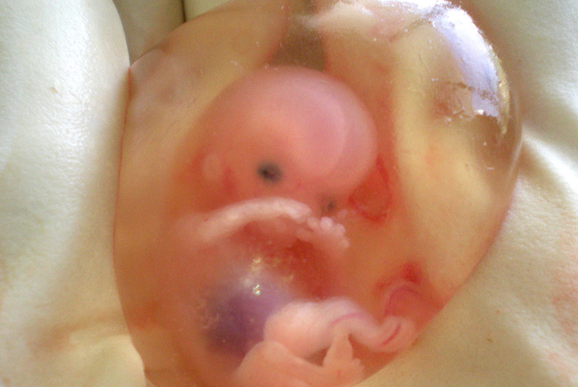Scientists: Extract from dandelions and mangoes could function as first “natural Plan B pill”
08/04/2018 / By Bridgette Wilcox

Many women have, at one point or another, turned to the Plan B pill to prevent an unplanned pregnancy, but a new study is claiming that natural ingredients can be just as effective as emergency birth control, without having to mess with a woman’s hormones.
The study, done by scientists from the University of California at Berkeley, discovered that components of dandelions and mangoes can interrupt the meeting of sperm and egg. The researchers analyzed the behavior of sperm cells and their reactions to certain chemicals, DailyMail.co.uk reported. The results of their analysis showed that the chemicals lupeol and pristimerin were able to limit the whip from sperm’s tails, inhibiting its ability to reach the egg and penetrate the cells surrounding it, making the chemicals effective at preventing pregnancy even after sperm has entered the female reproductive system.
Lupeol and pristimerin can be found in dandelions and mangoes, as well as in aloe vera, tomato vines, olives and grapes, and Thunder God root. The scientists are now working towards using these compounds in various forms of emergency contraception, from pills, patches, and vaginal rings for women. With more research, birth control made from these ingredients could be made effective for men as well, making it potentially the first unisex birth control pill.
Once available, the pill would need to be taken at least six hours after unprotected sex, as this is the amount of time it takes for human sperm to mature after being released into the female reproductive system.
The dangers of Plan B
The study paves the way for a new approach to emergency birth control, one that does not involve the disruption of hormones. At the moment, the Plan B pill is the prevailing choice for emergency contraception, with as many as 5.8 million women in the United States saying that they have used Plan B or other morning-after pills at least once, according to a report on USAToday.com.
The Plan B pill contains levonorgestrel, a female hormone that restricts the release of an egg from the ovaries. It also affects the cervical mucus and uterine lining, making it difficult for sperm to reach the egg, and for a fertilized egg to attach to the uterus. Taken within 72 hours of unprotected sex, it can reduce pregnancy risk by up to 89 percent. However, it comes with both short- and long-term side effects, which range from inconvenient to downright dangerous.
In the short term, the Plan B pill could disrupt a woman’s cycle, causing irregular periods and unexpected bleeding, and painful menstruation, MedicalDaily.com reported. At the same time, repeated use leads to long-term side effects such as an increased risk for breast cancer. The report noted that oral contraceptives including Plan B have been classified as a Class-1 carcinogen by the World Health Organization (WHO).
Morning-after pills were also found to increase the risk for ectopic pregnancy in women who take them. According to another report on DailyMail.co.uk, doctors were advised to be vigilant over the pill, which, when it fails to prevent a pregnancy, could cause an embryo to implant in the fallopian tube.
Get more news on natural health alternatives at Natural.news.
Sources include:
Tagged Under: abortion, All-natural products, Birth control, Contraception, natural contraceptive, natural remedies, Natural Treatments, Plan B pill, plant medicine

















